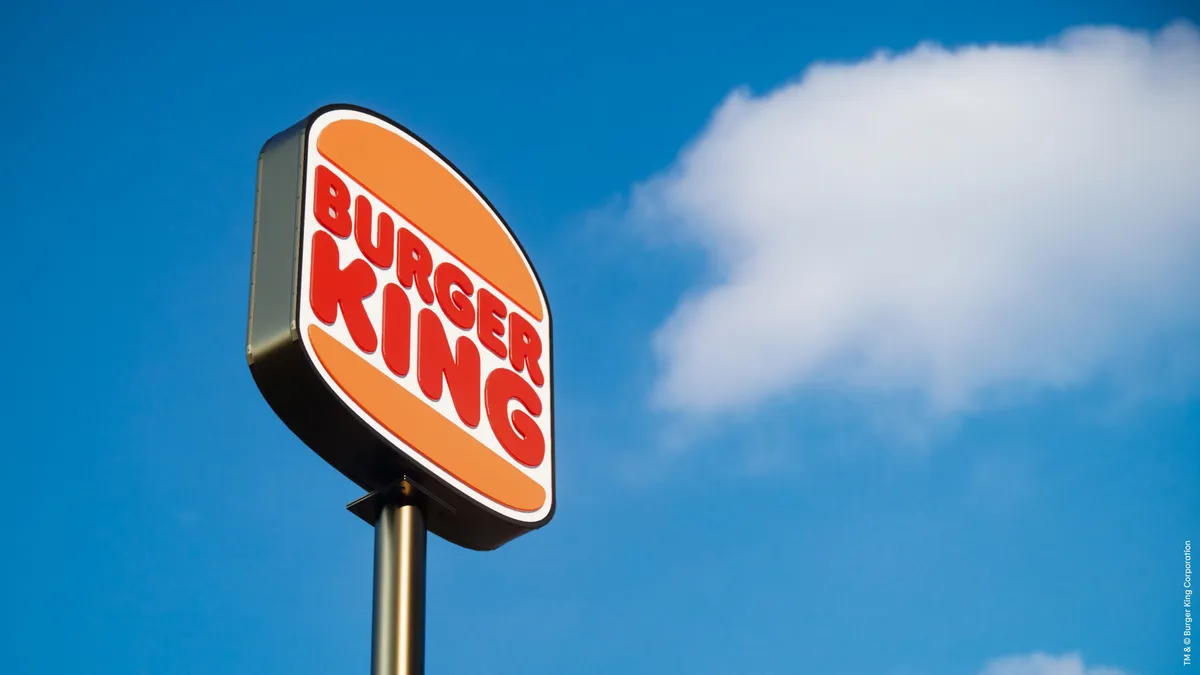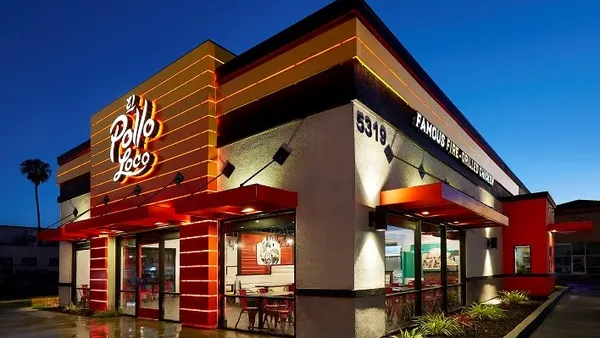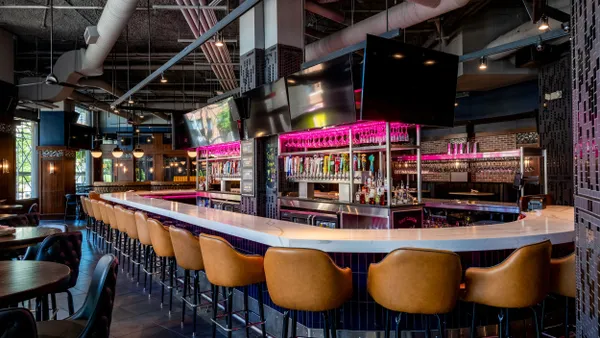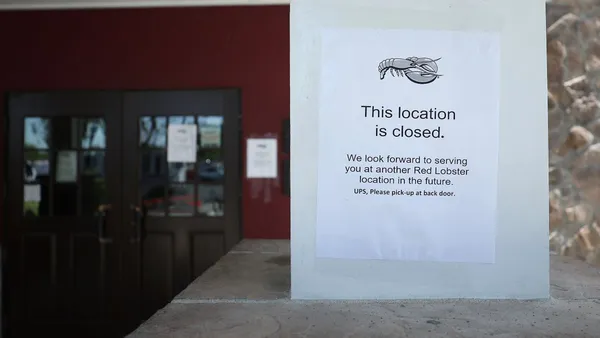The January bankruptcy of Toms King, a large Burger King operator, set the tone for a dismal year of franchisee bankruptcies. While Burger King was the hardest-hit restaurant company — at least 377 of the brand’s franchised units were impacted by Chapter 11 filings this year — other chains were not spared.
Summit Restaurants, a major CKE franchisee that operated 145 Hardee’s restaurants, filed for bankruptcy in the spring, and Starboard Group, a 72-unit Wendy’s operator, filed for Chapter 11 in November. A McDonald’s franchisee filed for bankruptcy in March, seeking time to reduce litigation expenses for a lawsuit filed against the operator after a teenage employee was allegedly raped by a manager.
In March, Premier Cajun Kings, a 19-unit Popeyes’ franchisee, sought Chapter 11 protections after the death of its owner and sole manager in May of 2022 left the company adrift. Later, in November, Premier Kings, a 172-unit Burger King operator once owned by the same person, also filed for bankruptcy.
Denny’s also lost an operator when Denn-Ohio, a 10-store franchisee, went bankrupt in the fall.
All of these struggling operators cited a variety of factors for their financial declines, including inflation, labor costs and slowing traffic. But more niche issues, like the death of Popeyes franchise operator, also pushed franchisees into bankruptcy. Starboard said its balance sheet was burdened by the fallout of unsuccessful Wendy’s developments in Brazil. Meridian Restaurants Unlimited, the second Burger King franchisee to go bankrupt this year, suffered after acquiring underperforming stores in hopes of turning them around.
The macro challenges bankrupt operators cited aren’t easing up. Customer counts at many restaurants still lag behind pre-COVID-19 pandemic peaks, and high pricing may be pushing consumers to trade down, or to eat at home.
These shifts have prompted franchisors to undertake a number of initiatives to improve profitability in support of franchisees. Burger King’s $400 million Reclaim the Flame program — a mix of marketing and remodels — is one of the high-profile examples of this trend. But RBI’s U.S. Burger King system is also changing its overall expansion strategy.
The company will favor more geographically concentrated development, rather than sprawling networks of stores stretching from the U.S. border with Canada to the border with Mexico, like Meridian’s footprint. CKE has started working with drive-thru artificial intelligence firms to trim labor costs and boost throughput, while Wendy’s is counting on breakfast offerings and late-night sales to improve sales.
Check out our coverage of eight major franchisee bankruptcies this year for a closer look at the sector’s challenges.














